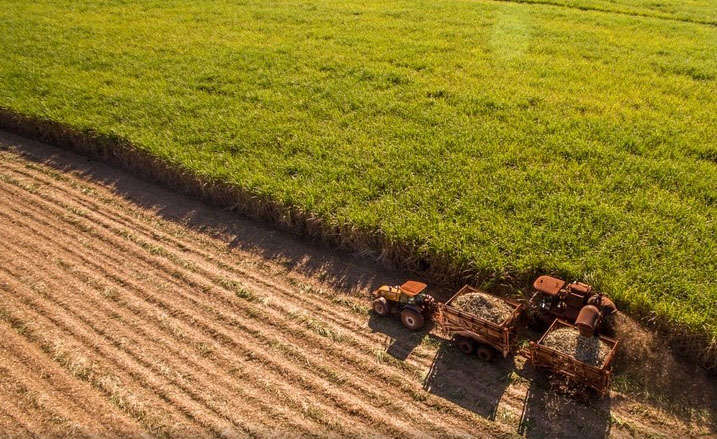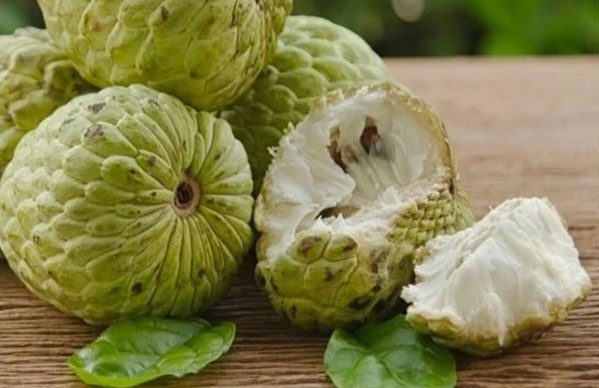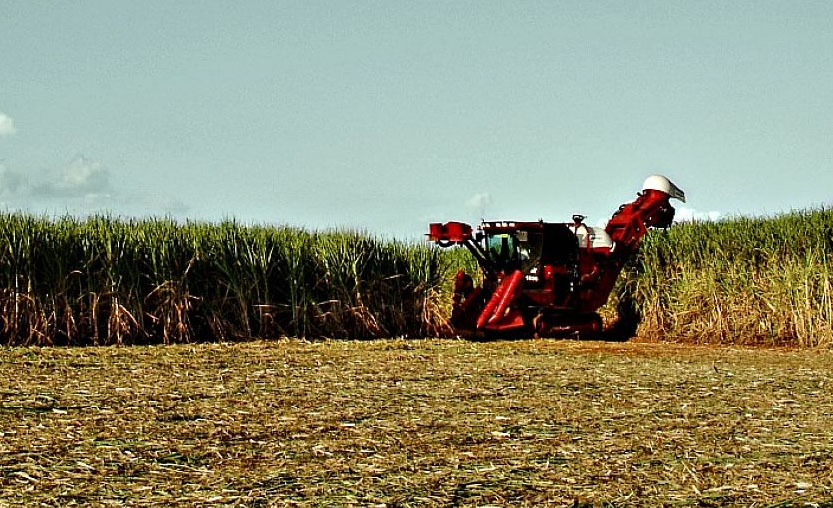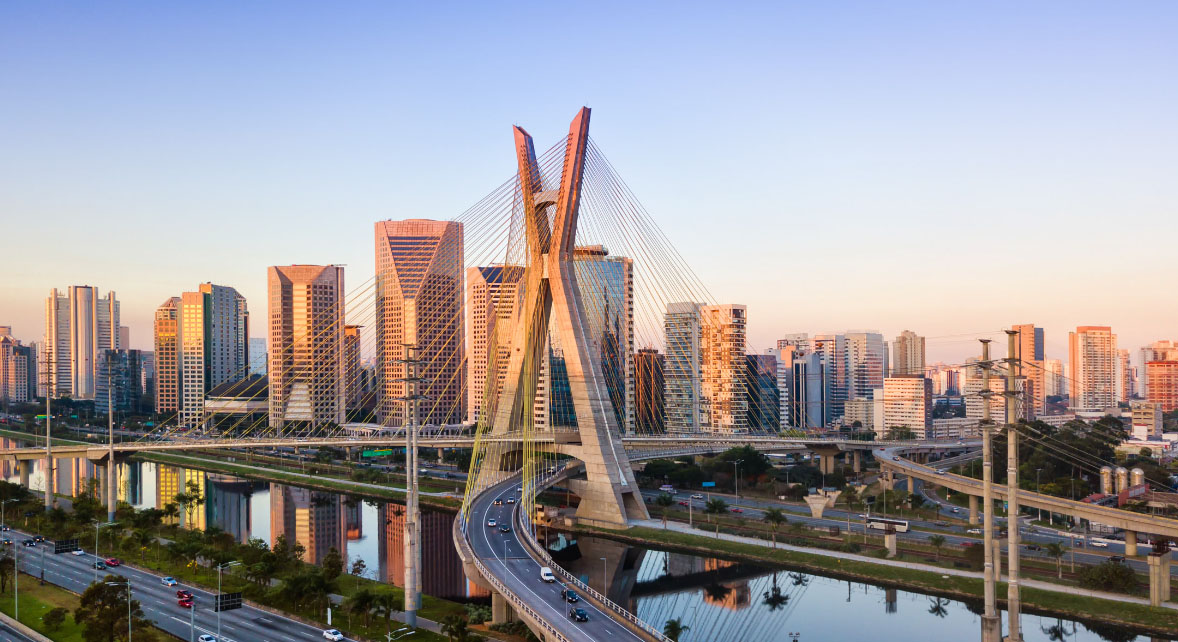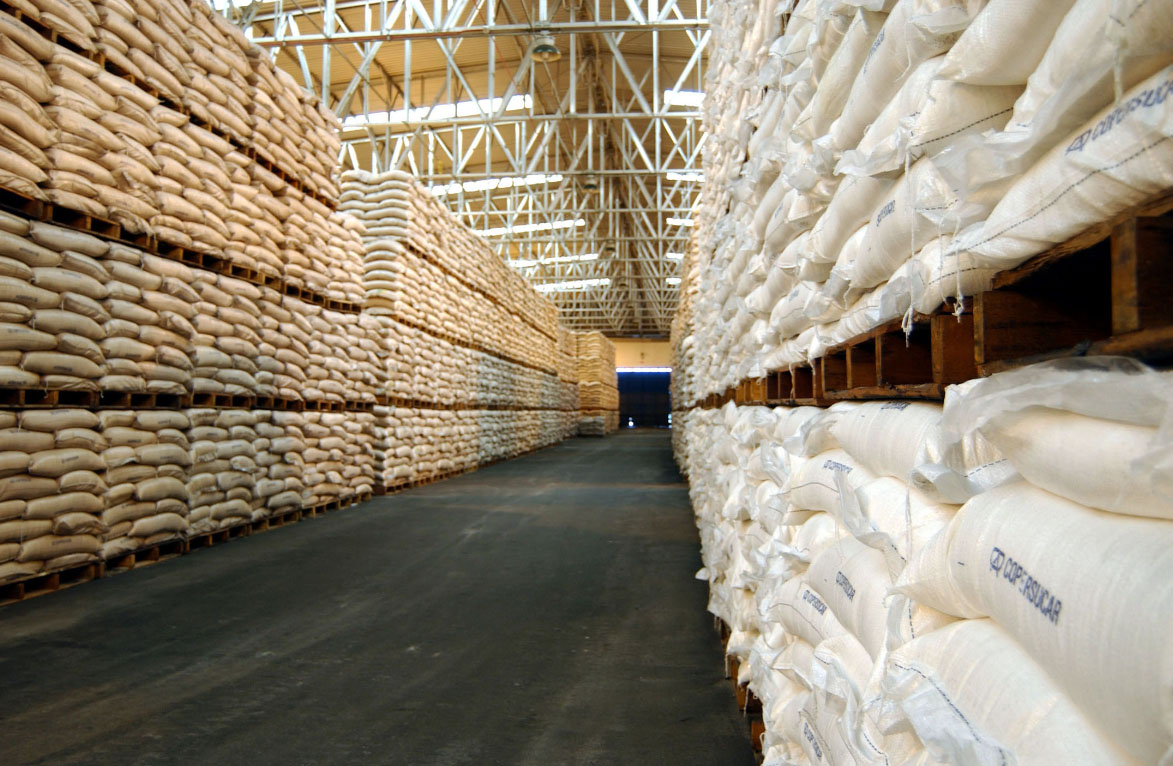Brazil is
renowned for its vast sugarcane fields and being one of the world’s leading
producers of sugar. If you’re a business looking to import sugar from Brazil,
it’s essential to understand the costs, procedures, and considerations involved
in this sweet endeavor. In this blog post, we’ll dive into the factors that
influence the cost of importing sugar from Brazil, offering valuable insights
into the process.
Importing
Sugar from Brazil: An Overview
Global
Sugar Production: Brazil is a major player in the global sugar industry,
producing vast quantities of both sugar and ethanol from sugarcane.
Importance
of Brazilian Sugar: Brazilian sugar is renowned for its quality and
consistency, making it an attractive option for international buyers.
Factors Impacting
the Cost of Importing Sugar from Brazil
Sugar Type
and Quality: The type and quality of sugar you wish to import will
significantly influence the cost. Brazil produces various sugar types,
including raw, refined, and specialty sugars.
Quantity: The
volume of sugar you intend to import will affect the cost, as larger shipments
typically lead to economies of scale.
Freight and
Shipping Costs: Shipping expenses, including freight, insurance, and
transportation, are crucial cost considerations.
Tariffs and
Import Duties: Import duties and tariffs imposed by both Brazil and the
importing country can add to the overall cost.
Exchange
Rates: Fluctuations in currency exchange rates can impact the cost of importing
sugar.
Import
Procedures and Documentation
Customs
Clearance: Importing sugar from Brazil requires compliance with customs
regulations in both countries, which can involve specific documentation and
requirements.
Quality and
Safety Standards: Ensuring that imported sugar meets quality and safety
standards is essential, and compliance may require additional testing and
certification.
Shipping
Contracts: Negotiating shipping contracts with shipping companies or freight
forwarders is a key aspect of the importing process.
Additional
Considerations
Market
Dynamics: Staying informed about global sugar prices, market demand, and trade
agreements is crucial for successful importing.
Sustainability
and Ethical Sourcing: Some buyers prioritize suppliers that adhere to
sustainability and ethical sourcing practices, which can affect costs.
Challenges
and Opportunities
Market
Volatility: The sugar market can be subject to price fluctuations, which can
affect the cost of imports.
Sustainability
Initiatives: Some Brazilian sugar producers are adopting sustainable farming
practices, offering opportunities for environmentally conscious buyers.
Conclusion
Importing sugar from Brazil offers an
opportunity to access a reliable source of high-quality sugar, but it comes
with various cost considerations and procedural requirements. Understanding the
factors that influence the cost, complying with import regulations, and staying
informed about market dynamics are key to a successful import venture. As you
navigate the sweet path of importing sugar from Brazil, these insights will
help you make informed decisions and build a strong and sustainable sugar
supply chain.

